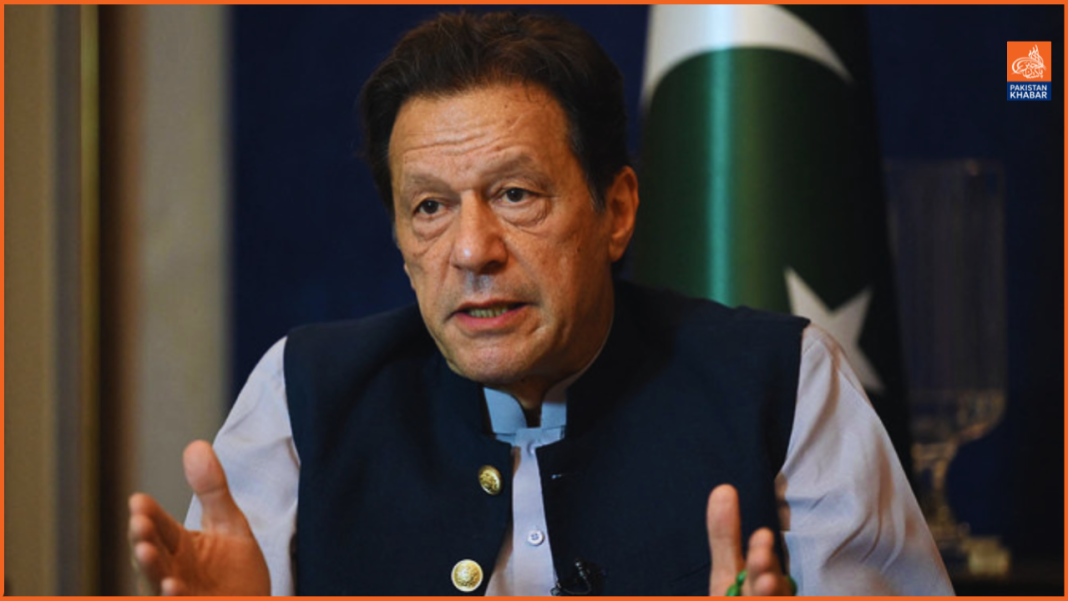The Pakistan Tehreek-e-Insaf (PTI) has ramped up its call for nationwide protests aimed at advocating for the “independence of the judiciary,” with plans for a significant demonstration in Islamabad despite a ban on public gatherings. PTI founder Imran Khan has announced that a rally is scheduled for October 4 at D-Chowk, a location that has become a focal point for political gatherings in the past. This decision comes after Khyber Pakhtunkhwa Chief Minister Ali Amin Gandapur threatened severe consequences for the federal government and other institutions if they continued to take action against PTI workers.
Gandapur reiterated his commitment to protest at any location designated by Imran Khan, emphasizing the party’s determination to challenge the government’s actions. PTI also plans protests on October 2 in Mianwali, Faisalabad, and Bahawalpur, with another rally slated for Minar-i-Pakistan in Lahore on October 5. Despite the recent enactment of the ‘Peaceful Assembly and Public Order Bill 2024,’ which imposes strict regulations on public protests, PTI is resolute in its intent to mobilize supporters.
The new law requires parties to appoint event coordinators who must seek permission from the district magistrate at least seven days before a planned protest. This bureaucratic hurdle is intended to ensure law and order but has raised concerns about freedom of assembly. The law also empowers the federal government to declare certain areas in Islamabad as ‘red zones,’ effectively banning assemblies in those locations.
The political climate has been tense since PTI’s last rally in the Sangjani area, which saw a strong police presence and the arrest of at least 11 PTI MNAs for participating in what the authorities deemed disruptive actions. Although some of these lawmakers were initially remanded into police custody, the Islamabad High Court later overturned this decision, allowing them to return to the National Assembly.
In light of these developments, Imran Khan has criticized the government for attempting to silence PTI as part of what he describes as a “London plan.” He voiced his concerns about the treatment of PTI members, particularly women, who he claims have been unjustly incarcerated. Khan’s remarks reflect a broader sentiment of frustration and urgency among PTI supporters, as they continue to advocate for what they perceive as fundamental rights and justice. He emphasized the need for the public to stand firm against oppression, stating that the struggle for genuine freedom will persist despite the obstacles they face.




